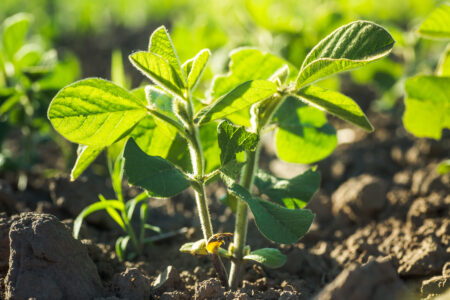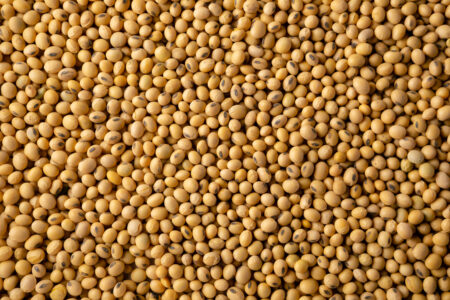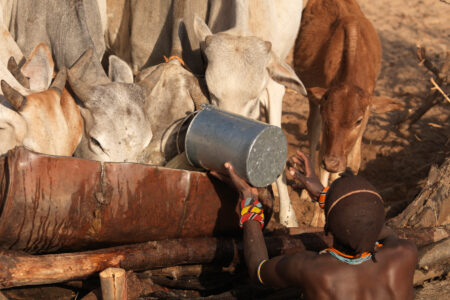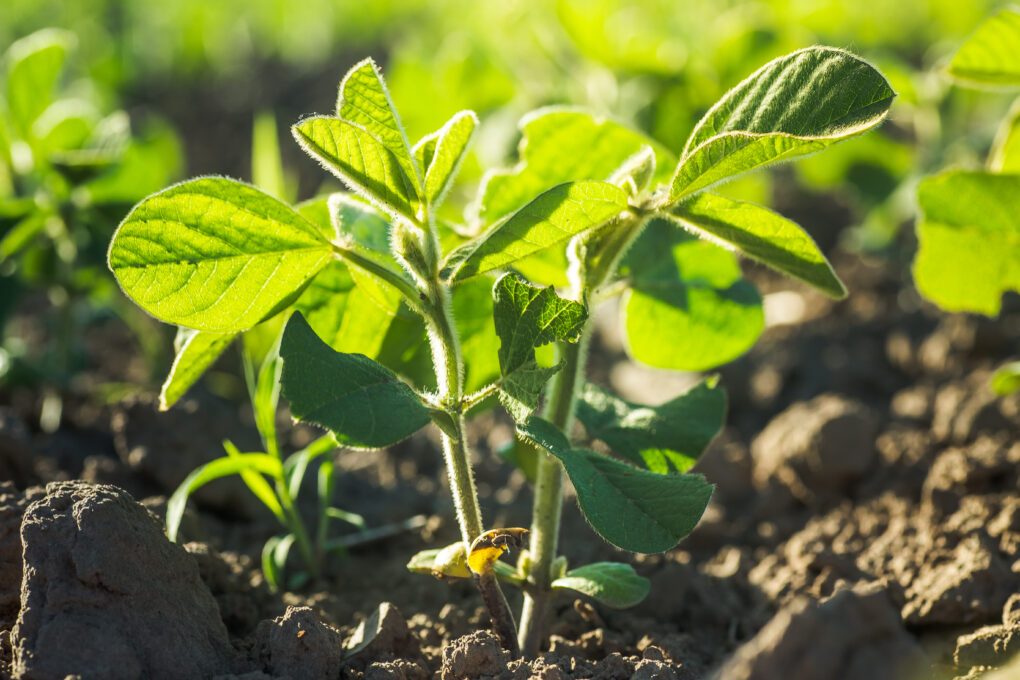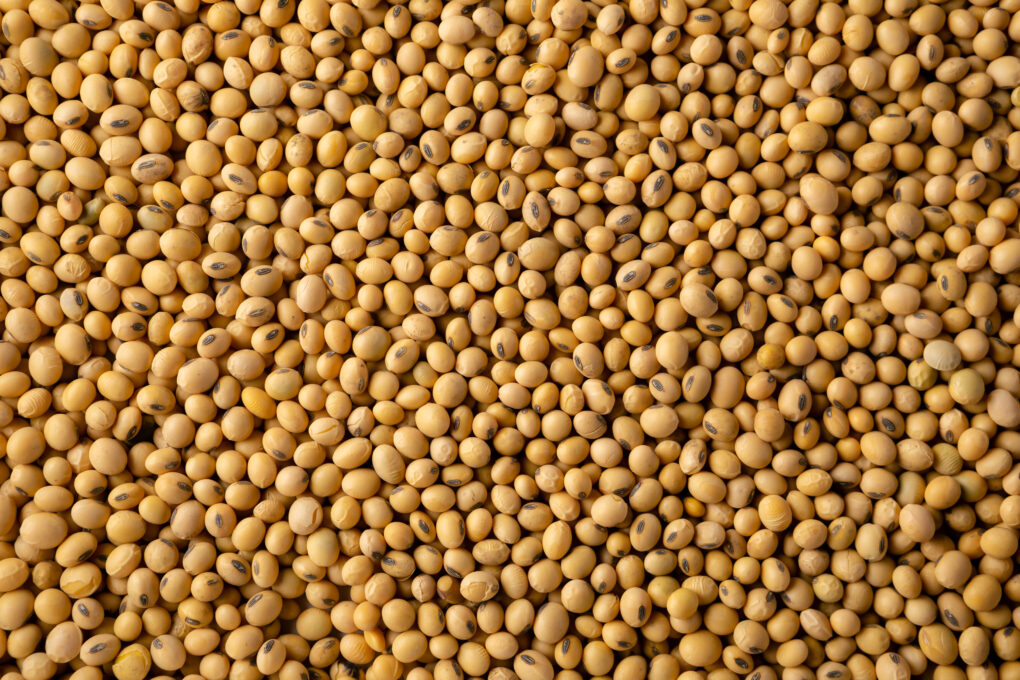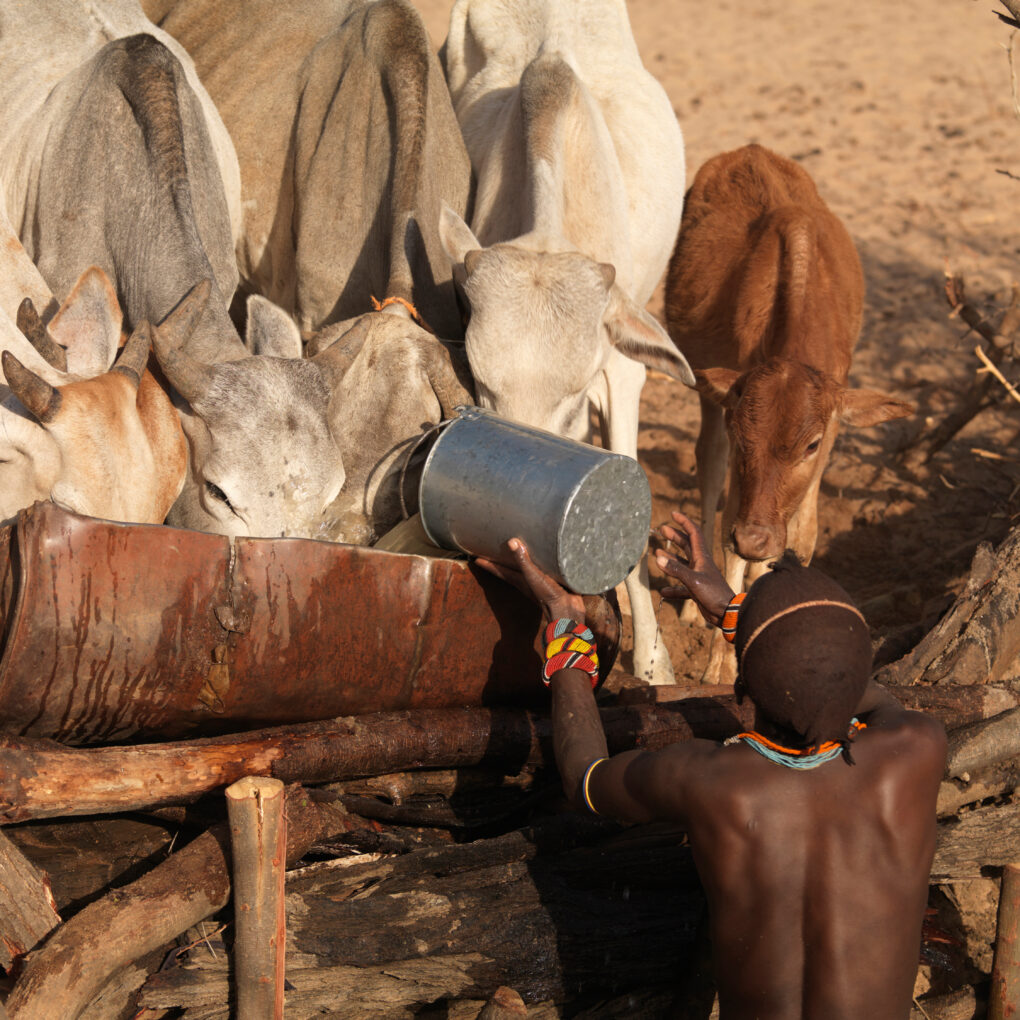Versatile Use Gives Soybeans the Title “King of the Beans”
Traded, grown, and consumed across the world, soy is one of the world’s leading commodity crops, often dubbed as the “king of beans.” Soybeans hold significant potential for economic development in sub-Saharan Africa and South Asia, with research showing soybean-producing areas of the world have benefitted significantly from greater employment and economic growth, particularly due to the crop’s versatility and diversity of uses, from food items to industrial products.
For smallholder farmers in Africa who want to grow soybeans, there are few high-yielding variety options available, contributing to lower yields than in other soybean-producing areas of the world.
Source: farmdoc daily
As a legume, soybeans form a symbiotic relationship with nitrogen-fixing soil bacteria called rhizobia. The result of this symbiosis is to form nodules on the plant root, within which the bacteria can convert atmospheric nitrogen into ammonia that can be used by the plant as a building block for protein synthesis.
This biological process means soybeans can improve soil health and boost productivity without extensive use of fertilizer — which are often expensive or inaccessible for small-scale farmers.
Soybean is grown by more than 30 million people across sub-Saharan Africa, where it provides a high-quality source of protein and source of income from its many industrial uses. In Ghana, authorities have stated that they hope to grow soy production from an estimated 250,000 metric tons to 1 million metric tons by 2030, to increase its export opportunities. Though African countries produce approximately 1% of the world’s soybeans, African production levels are increasing rapidly (increasing over 7% year over year).
Soybean is one of the most important crops in Ethiopia. It contributes nearly 18% to the country’s total oilseed production and accounts for only 6% of the area planted to oilseeds.
Source: EIAR
Globally, only a small percentage of soybeans are routed to human food items such as tofu or tempeh. Livestock, vegetable oils and other manufactured products make up the rest of the many uses of soybeans.
In Africa, however, human consumption is higher, largely in processed forms such as flour or milk substitutes, with about 618,000 tons of soybeans estimated to be used for human consumption annually, with Nigeria and Uganda among the largest consumers in sub-Saharan Africa.


